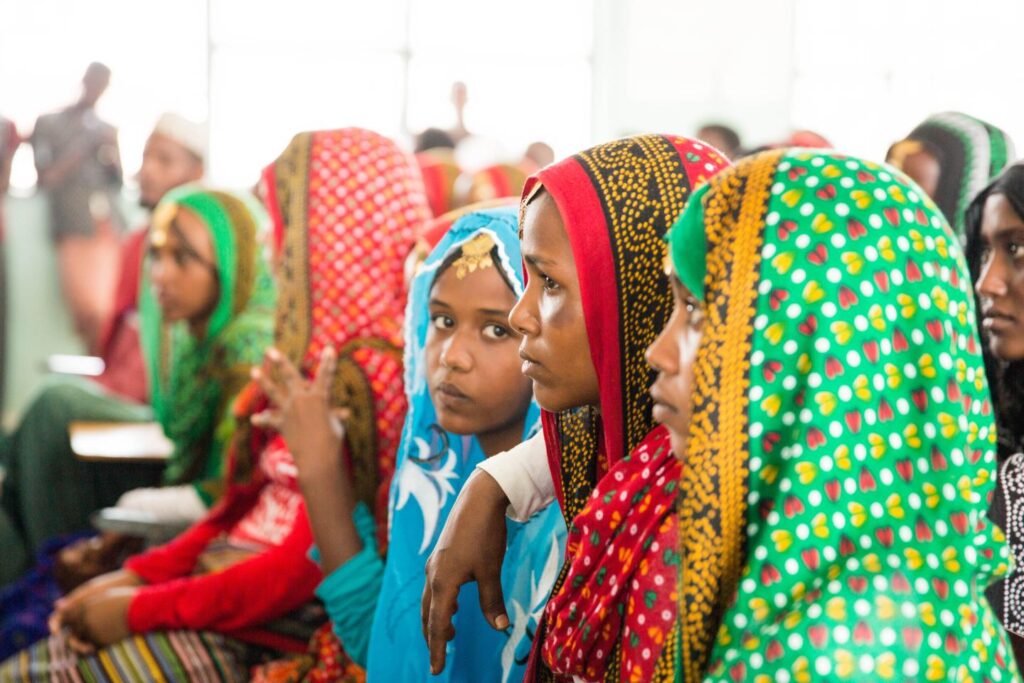Sunday, 6 February marks the International Day of Zero Tolerance for female genital mutilation (FGM). This year’s theme is “Accelerating Investment to End FGM” — calling for support for programmes to provide services and response for those affected and those at risk; in developing and enforcing laws, and fortifying institutional capacity to eliminate the practice.

According to the latest available data:
- At least 200 million girls and women alive today have undergone female genital mutilation. An additional 2 million girls could be at risk by 2030 due to COVID-19, resulting in a 33 percent reduction in the progress toward ending this harmful practice.
- An alarming trend is emerging. Around 1 in 4 girls and women who have undergone female genital mutilation, or 52 million worldwide, were subjected to the practice at the hands of health personnel. This proportion is twice as high among adolescents, indicating growth in the medicalization of the practice.
- Of 31 countries with available data on female genital mutilation, 15 countries are already grappling with conflict, rising poverty and inequality, creating a crisis within a crisis for the world’s most vulnerable and marginalized girls.
- In some countries, female genital mutilation is still almost universal with around 90 percent of girls in Djibouti, Guinea, Mali and Somalia affected.
- In about half of countries, female genital mutilation is increasingly performed at younger ages, narrowing the window of opportunity to intervene. For example, in Kenya, the average age of undergoing the practice has dropped from age 12 to age 9 in the past three decades.
- Progress is possible. Today, girls are a third less likely to be subjected to female genital mutilation compared to three decades ago; however, progress needs to be at least 10 times faster to meet the global target of elimination by 2030. Multiple overlapping crises, including COVID-19, rising poverty, inequality and conflict, are putting millions of girls at increased risk of female genital mutilation.
- In the last two decades, the proportion of girls and women in high-prevalence countries who oppose the practice has doubled.
- Ensuring girls’ access to education, healthcare and employment is critical to accelerating the elimination of female genital mutilation and allowing girls to contribute to equitable social and economic development.
Although primarily concentrated in 30 countries in Africa and the Middle East, female genital mutilation is a universal problem and is also practiced in some countries in Asia and Latin America. Female genital mutilation continues to persist amongst immigrant populations living in Western Europe, North America, Australia and New Zealand.
Two new tools have been launched by WHO and HRP to help healthcare providers give the best quality care to girls and women who have been subjected to FGM – and to also support global efforts to end this harmful practice and human rights violation.
Good quality research can only be ensured when the human rights of all research participants are safeguarded and respected. However, specific ethical guidelines for conducting research on female genital mutilation (FGM) have been unavailable – until today. WHO has launched a new guidance document to strengthen the ethical conduct of all research on FGM: Ethical considerations in research on female genital mutilation. This has been launched alongside a new document from WHO, UNICEF, UNFPA, and Population Council, Kenya – the research agenda to strengthen evidence generation and utilization to accelerate the elimination of female genital mutilation.












